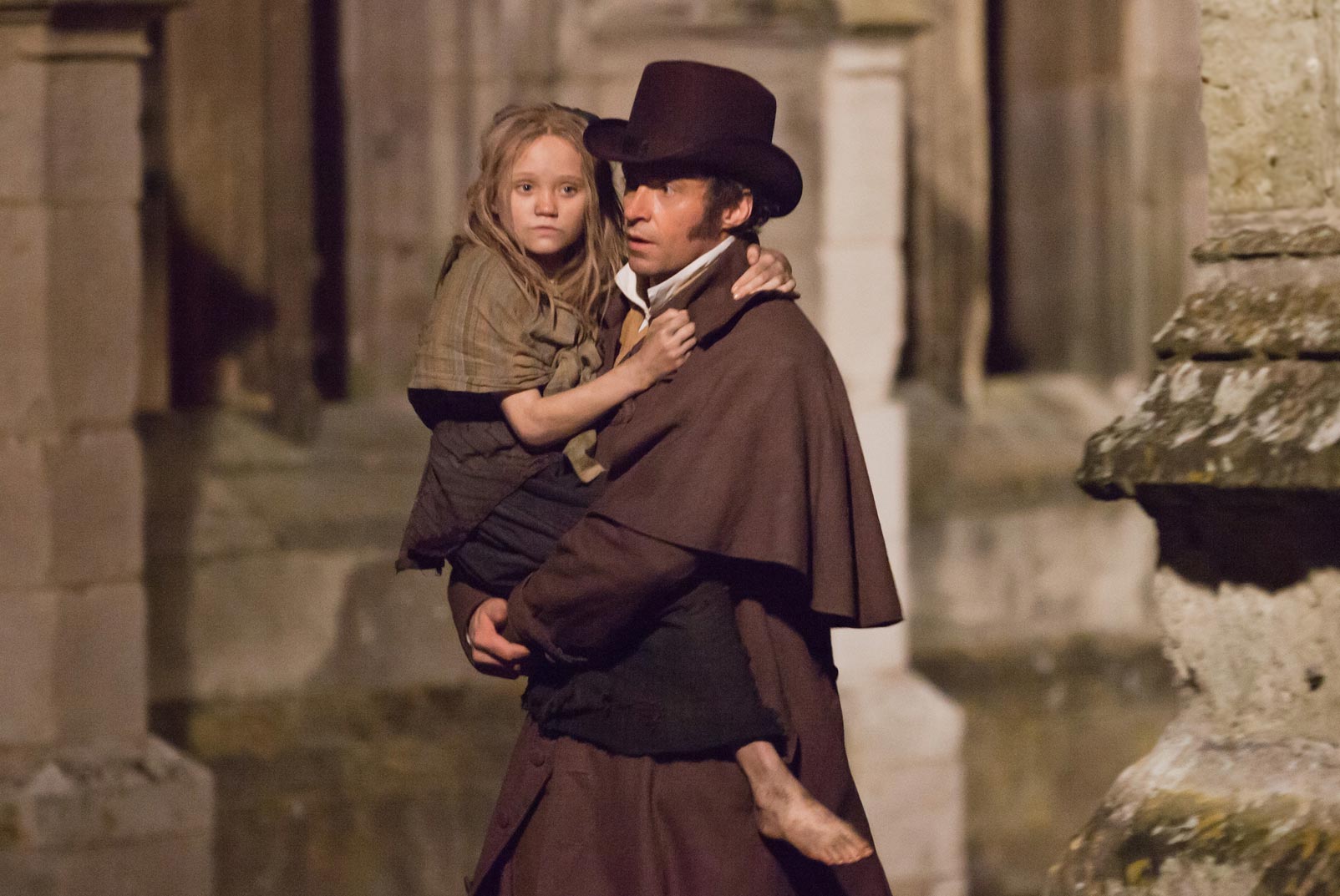
There’s little sense of artifice, as young stars such as Issa Perica lend gripping veracity to scenes that might otherwise have seemed contrived or overwrought.

In stark contrast to the monochrome hues of Mathieu Kassovitz’s still-influential 1995 masterpiece La Haine, Les Misérables is shot in vivid colour by cinematographer Julien Poupard, whose cameras snake in and out of the action, with long takes (elegantly edited by Flora Volpelière) immersing us in this tangibly real world. His colleagues, dubbed “the two biggest clowns” by the night patrol, are Gwada (Djebril Zonga) and Chris (Alexis Manenti, the film’s co-writer), who describes himself as “100% swine” and who “goes overboard sometimes” in policing “the brutality of the world”.īuilding on his César-nominated 2017 short film, Ly’s feature debut (which follows several acclaimed web documentaries) paints an admirably uncliched portrait of banlieue life, as vibrant and diverse as that of Céline Sciamma’s Girlhood. “It hasn’t changed much,” observes Stéphane Ruiz (Damien Bonnard), a street-crime cop newly transferred from Cherbourg. But that harmony soon dissipates as our young antiheroes return to Montfermeil, the Paris district immortalised in Hugo’s 1862 novel. We open in a moment of ironic harmony, as tricolour-clad revellers celebrate France’s 2018 World Cup victory, with the Eiffel Tower and the Arc de Triomphe glittering in the background. Taking care never to paint its complex characters in simple black-and-white strokes, this slips stealthily from astute observation to urgent action, reminding us of Hugo’s maxim that “there are no such things as bad plants or bad men.


Nominated for best international feature at the 92nd Oscars (it lost out to Parasite), it presents a powder-keg portrait of broiling tensions, recalling both the pressure-cooker structure of Spike Lee’s Do the Right Thing and even-handed vérité grit of David Simon’s monumental TV series The Wire. T he ghosts of Victor Hugo’s downtrodden 19th-century rebels haunt Ladj Ly’s César-winning contemporary urban drama, a streetwise tale of France’s dispossessed masses, brought once again to the brink of rebellion.


 0 kommentar(er)
0 kommentar(er)
